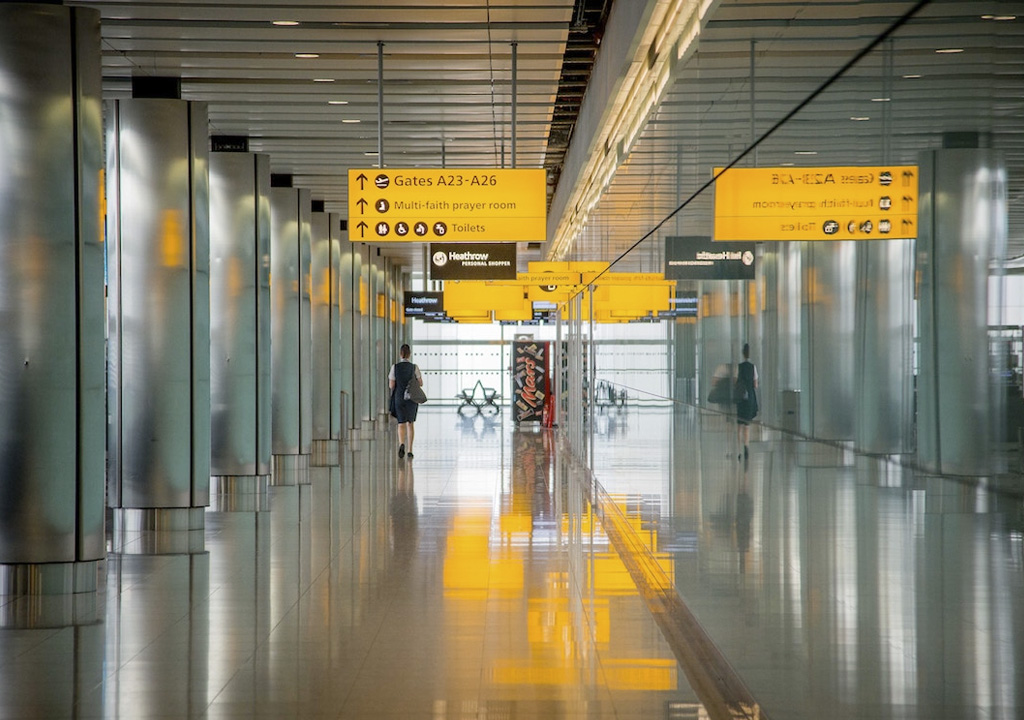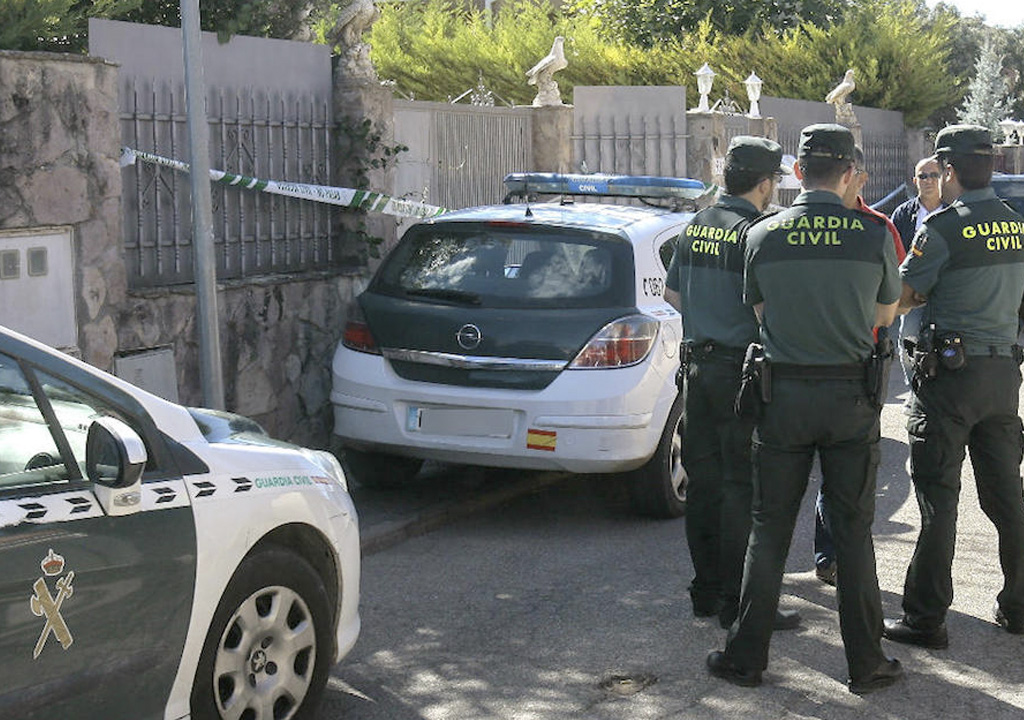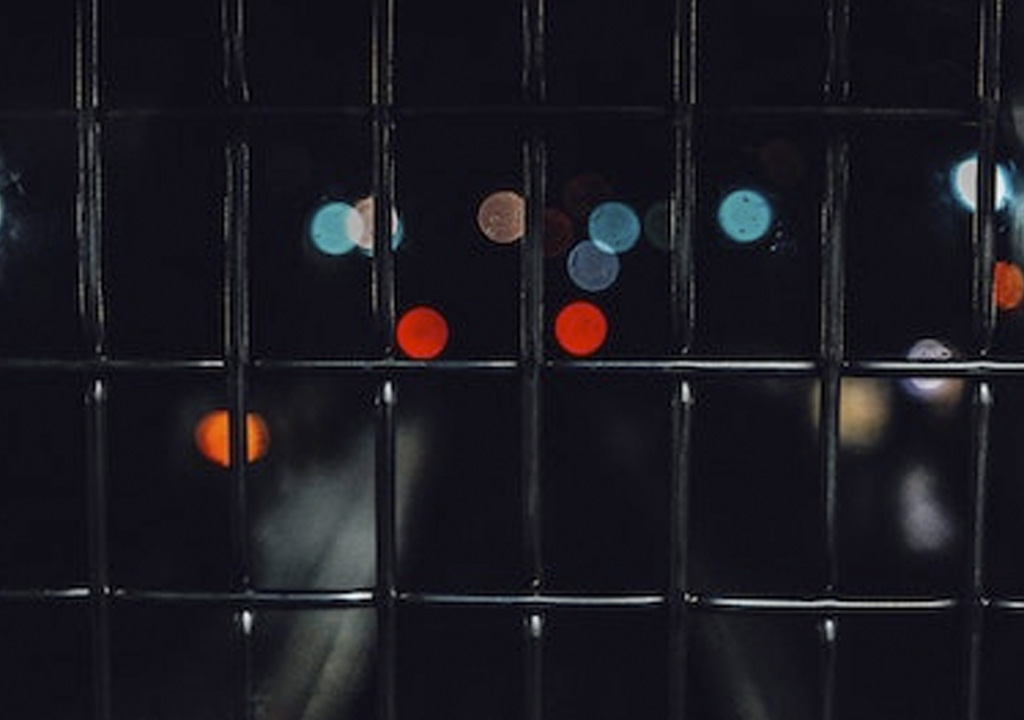Nitrous Oxide in Spain

Before travelling to Spain on holiday it is wise to check what is and isn’t permitted.
We often come across clients who have fallen foul of the Spanish law because they have wrongly assumed that the rules are the same in both the UK and Spain.
According to the Global Drugs Survey Nitrous Oxide (or laughing gas) is now the seventh most popular drug in the 50 countries surveyed.
Just over half of the UK respondents said they had tried the drug at some point, and 38 percent said they had used it in the last year, making it more popular in the UK than any other country.
What is Nitrous Oxide gas?
Nitrous Oxide gas is also known as “Hippy Crack” and “Laughing Gas”.
The British Home Office guidance on restricting the supply of nitrous oxide for recreational use document describes Nitrous Oxide gas (‘laughing gas’) as a substance with a number of legitimate uses in medicine and catering.
It is also the second most popular recreational drug amongst young people, with 7.6% of 16-24 year olds responding to the 2013/14 Crime Survey for England and Wales reporting nitrous oxide use.
It is a medical gas (a medicinal product) and, when mixed with oxygen, it is used to treat analgesia and as an anaesthetic.
Use as a medicinal product typically involves large cylinders containing the gases which are administered to the patient using a face mask in a variety of settings such as hospitals, dental surgeries and by ambulance crews.
Nitrous oxide is also an approved food additive (E942) when used as a propellant for whipped cream. Nitrous oxide is also used in vehicle engines.
When inhaled, this substance can make users feel euphoric and relaxed, with some reporting hallucinations.
Where and how is it used recreationally?
Nitrous oxide is used recreationally in a number of settings such as clubs, private residences and parks, and is particularly prevalent at festivals.
It is commonly sold in small metal canisters containing the gas which is then either transferred into a balloon for inhalation using a dispenser or a ‘cracker’. These small metal canisters are sold in bulk online presented for use as a whipped cream propellant.
What are the risks?
Inhaling nitrous oxide can be dangerous, and can lead to loss of blood pressure, fainting and even heart attack.
Prolonged exposure to nitrous oxide may also result in bone marrow suppression and poisoning of the central nervous system. These risks are likely to be exacerbated if the exposure to the gas is combined with alcohol or other drugs.
Long-term and heavy-use of nitrous oxide can lead to vitamin deficiency and anaemia as a result of the inactivation of vitamin B12 in the body.
Vitamin B deficiency can cause tingling in the fingers, toes and extremities which can last for hours or days.
More severe cases can lead to numbness and difficulty walking, and the risks are heightened in people who are already B12 deficient.
Nitrous Oxide is not a controlled substance in the UK.
As a medical product it is covered by the Human Medicines Regulations, and as a whipped cream propellant it is covered by the food additives legislation.
When Nitrous Oxide is inhaled recreationally it falls outside of the Medicines regulations and the Food additives legislation.
Due to the gas not being a controlled substance the law enforcement officers in the UK apply General Product Specific Regulations (GPSR) that apply to retailers/suppliers.
If it can be shown that the sale of nitrous oxide for recreational inhalation makes it an ‘unsafe product’ as defined by the GPSR, then these regulations may be used to restrict such sales.
Areas of Spain which are notorious party destinations, and which attract tourism from the UK, including the Balearic Islands have begun enforcing regulations similar to those used in the UK to tackle the rise in recreational Nitrous Oxide use across the islands.
Nitrous Oxide is not a controlled substance in Spain in the way that other drugs such as MDMA and Cocaine are.
It is not an offense to be in possession of reasonable quantities of Nitrous Oxide.
However, it is considered an offense to supply or to be in possession of large quantities without just cause (i.e. registered catering supplier).
GB Abogados have helped many clients who have encountered difficulties with the police with regards to nitrous oxide and other substances.
If you need any advice in relation to your circumstance, please don´t hesitate to contact us. We provide no-obligation consultations.











